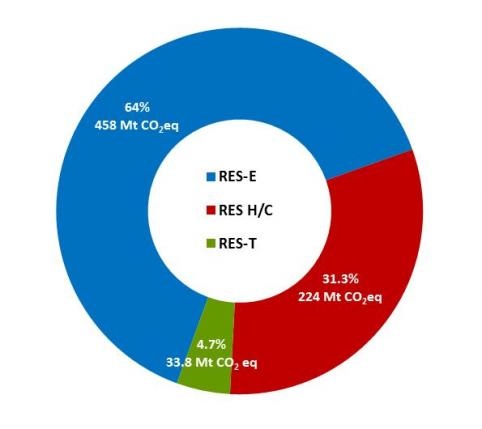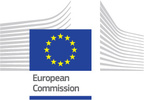News Release from European Commission
Wind Industry Profile of
Increased use of renewables results in growing GHG emission savings in the EU
Greenhouse gasses (GHG) emission savings due to final renewable energy consumption in electricity, cooling/heating and transport sectors rose at a compound annual growth rate of 8.8% from 2009 to 2012, confirming renewables’ great potential in climate change mitigation, according to a new JRC report. Nearly two thirds of the total savings came thanks to renewable energy development in Germany, Sweden, France, Italy and Spain.
The report assesses data on the use of renewable energy, submitted by EU Member States every two years, as required by EU legislation on renewable energy. Thanks to its provisions, renewable energy sources have already provided a strong overall contribution to the reduction of GHG emissions: the report estimates that in 2012, when total GHG emissions reached the equivalent of 4546 Mt CO?, the deployment of all renewables in the EU avoided the equivalent of 716 Mt CO? emissions. According to the report, the highest contribution by renewables in climate change mitigation in the EU in 2012 came from renewable electricity, which covered 64% of the savings, due to high penetration of wind and solar power, followed by renewable heating and cooling (31%) and renewable transport (5%).

Sectoral breakdown of GHG emission savings in the EU due to renewable energy 2012. © EU, 2015
Background
The report 'Renewable energy in European Union for climate change mitigation: Greenhouse gas emission savings due to renewable energy (2009-12)' provides an overview of greenhouse gas emission savings in the EU due to the use of renewable energy in three sectors: electricity, heating/cooling and transport. The assessment is based on data reported by EU Member States in their 2011 and 2013 progress reports, as required under Article 22(1)(k) of Directive 2009/28/EC on renewable energy. The directive requires the EU to fulfil at least 20% of its total energy needs with renewables by 2020 – to be achieved through the attainment of individual national targets.
The JRC has released a set of reports analysing renewable energy progress based on member states’ national renewable energy action plans (NREAPs) and progress reports submitted every two years to the European Commission. JRC scientists examined the status of burden sharing for the 2020 climate and energy targets, foreseeing a 20% reduction in greenhouse gas emissions from 1990 levels, a shared increase of EU energy consumption produced from renewable resources to 20%, and 20% improvement in the EU's energy efficiency. In October 2014, EU leaders agreed on more ambitious goals for 2030 with a domestic emission reduction target of at least 40% below 1990 levels and increase of renewable energy share of at least 27% and an energy efficiency goal of at least 27%.
- Source:
- Joint Research Centre
- Link:
- ec.europa.eu/...

